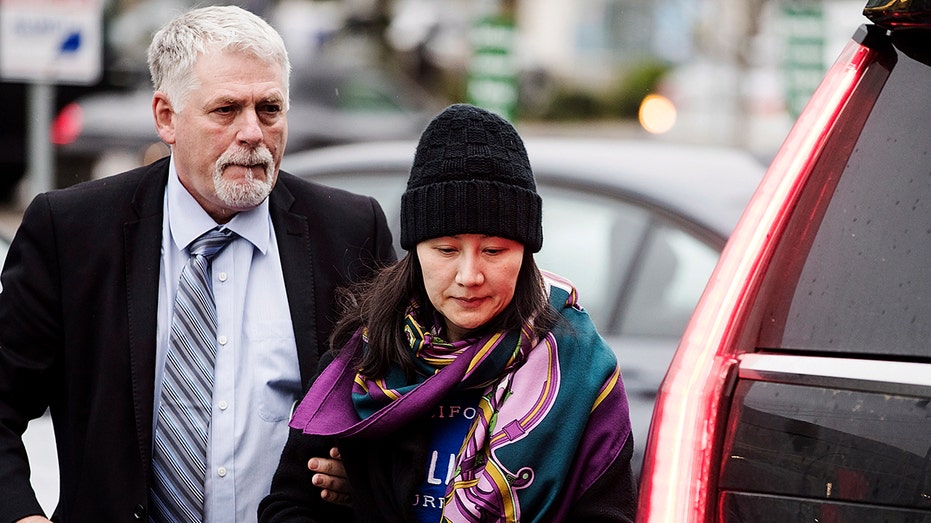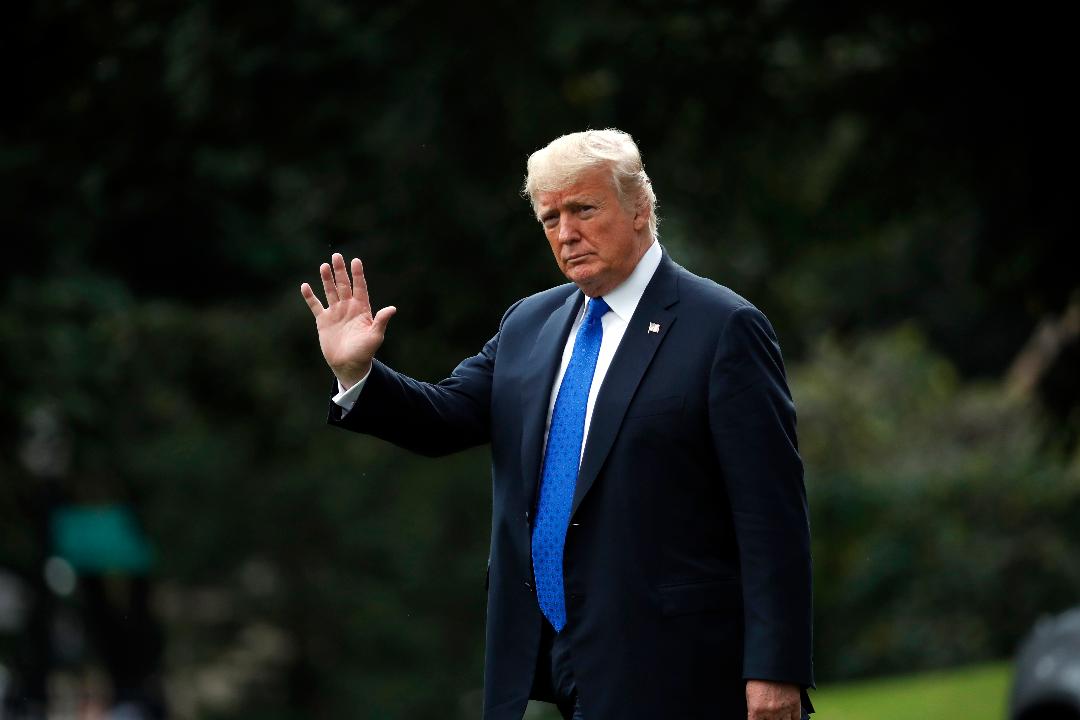The US-China 'trade war' is really a conflict over technology. Huawei proves it.
Trade negotiations between the U.S. and China made superficial progress this week, with the Chinese initiating steps to lower tariffs on US automobiles from 40 to 15 percent. The move was designed to ease tensions as the two sides begin a fresh round of talks ahead of a March 1 deadline – after which tariffs on billions of dollars of US and Chinese goods will rise.
Behind the scenes, though, another political and legal spat is unfolding that could prove far more consequential for the future of the trade talks, and the broader US-China relationship.
Last week, Canadian authorities acting at the request of the U.S. arrested Meng Wanzhou, a top executive at the Chinese telecom giant Huawei. Meng, who is also the daughter of the company’s founder, is now fighting extradition to the U.S., where she faces charges related to alleged violations of Iran sanctions.
On Monday, a Canadian aid worker and former diplomat, Michael Kovrig, was taken into custody in Beijing. The U.S. is reportedly considering issuing a travel advisory for all Americans planning to visit China.
In the days immediately following Meng’s arrest, Washington and Beijing were at pains to keep the issue of Meng’s arrest separate from the trade talks. But on Tuesday night, President Trump linked the two issues by suggesting to a reporter that he might be willing to intervene in Meng’s case as part of a broader U.S.-China trade deal – if he felt it was in America’s best interests.
The U.S. President was only stating the obvious: the U.S.-China “trade war” isn’t just a fight over tariffs on Chinese steel or American cars and soybeans. It’s part of a much broader confrontation over who gets to dominate the next generation of emerging technologies. Meng’s arrest was politically explosive, because Huawei is a key chess piece in that wider battle.

Huawei chief financial officer Meng Wanzhou arrives at a parole office with a security guard in Vancouver, British Columbia, Wednesday, Dec. 12, 2018. (Darryl Dyck/The Canadian Press via AP)
While Meng was released on bail on Tuesday, there’s still a lot that could go wrong between now and the March 1 trade talks deadline. Any appearance that Meng is being humiliated – by being put on a plane to the U.S. in shackles, say – will inflame nationalist fervor around the incident in China and make it harder for Xi to negotiate with the U.S. on trade.
Even if Meng is eventually freed, Huawei itself could still face serious legal jeopardy in the U.S.. Earlier this year, Huawei’s smaller rival ZTE was nearly pushed into bankruptcy when the Commerce Department banned it from acquiring US technology for seven years in a similar sanctions case. It only survived after Trump granted it a last-minute reprieve following a personal intervention by Xi.
China hawks in the Trump administration and Congress, who want to contain China’s technology rise and fear that Huawei poses an unacceptable threat to national security, will almost certainly now push for similar treatment of Huawei. Any steps that the administration takes in that direction could rile the trade talks and potentially threaten a wider rift between the U.S. and China.
Huawei is one of the world’s leading suppliers of the next-generation 5G data networking equipment that will make economy-changing innovations like driverless cars and smart cities possible. It’s much more critical to China’s long-term tech and industrial ambitions than ZTE. China would likely see any move to restrict the export of U.S. parts to one of its most strategically important companies as tantamount to a declaration of economic war.
As the U.S. and China continue to work towards a compromise on trade, forget the car tariffs and other cosmetic trade fixes – if you want to know where the U.S.-China relationship is going, keep an eye on what happens with Meng and Huawei.
Kevin Allison is a Senior Editor at GZERO Media and a Director in the Geo-Technology practice at Eurasia Group.
A version of this article originally appeared in GZERO Media’s newsletter, Signal. Read more and subscribe here




















